

Software Developer Job Description: Complete Career Guide 2025
Published on February 17, 2025
By Marianella Saavedra Terkes · 7 minute read
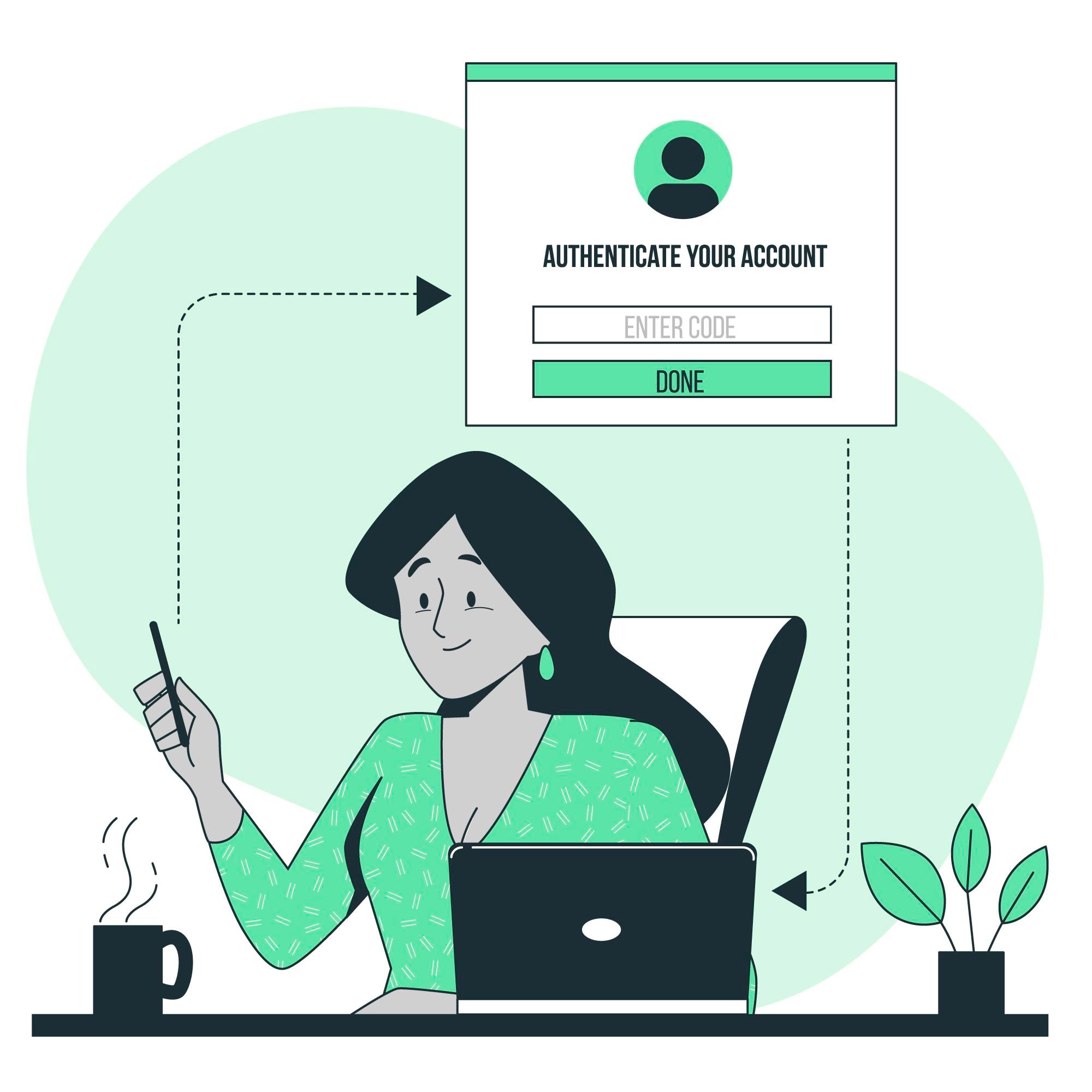
The digital landscape has transformed dramatically over the past few years, and with it, the role of software developers has evolved into something far more dynamic than traditional coding. Software programs are designed to instruct and execute tasks on computers, and the historical development of software alongside digital computers has introduced complexities due to advancements in technology. Whether you’re considering a career switch or curious about what modern development entails, this guide will walk you through the realities of being a developer in 2025.
What is a (Traditional) Software Developer?
A software developer is a professional who designs, creates, tests, and maintains software products. They are the architects behind the digital tools and platforms we use daily, from mobile apps and games to complex operating systems and business software. Using programming languages like Java, Python, or C++, software developers write code that brings a software project to life. Their work requires a blend of creativity and technical expertise, as they must solve intricate problems and ensure their solutions are efficient and user-friendly. Collaboration is key in this role, as developers often work in teams to meet project requirements and deliver high-quality applications.
The Modern Developer: Beyond Traditional Software Development
Gone are the days when developers spent their entire day writing code in isolation. Today’s software developers are digital craftspeople who blend technical expertise with creative problem-solving. They work at the intersection of business needs and technological solutions, creating everything from sophisticated web applications to mobile platforms that transform how businesses operate.
In agencies and product companies alike, developers now collaborate closely with designers, project managers, and clients to build digital solutions that make a real impact. This evolution has opened new doors for both traditional programmers and those who prefer modern development approaches. As part of this dynamic industry, live streamed keynotes are available at various events, inviting developers to join for access to sessions and additional content on specific dates.
What Does a Developer's Day Really Look Like?
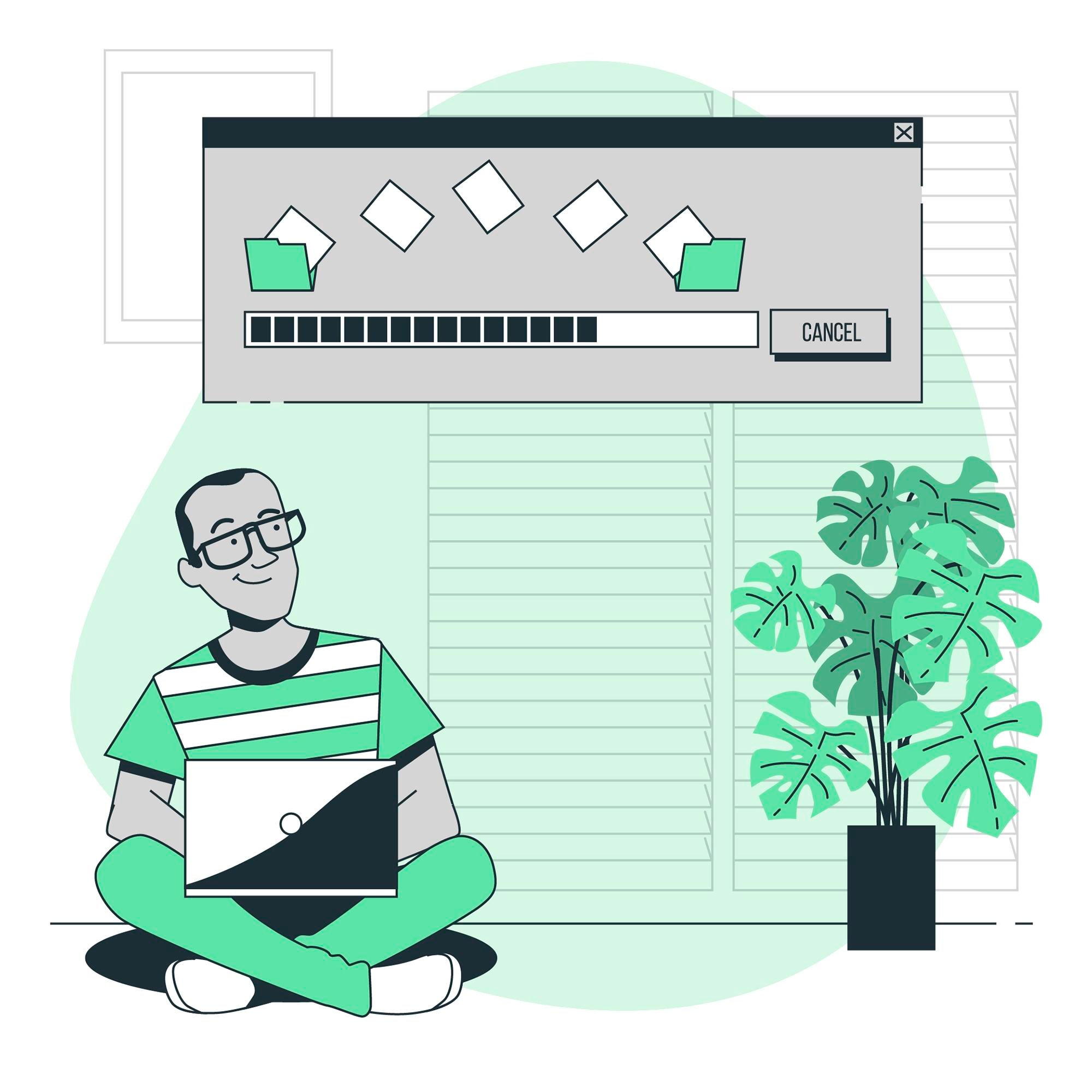
Picture yourself walking into a modern digital agency on a typical morning. Your day might start with a client meeting to understand their vision for a new e-commerce platform. By lunch, you could be collaborating with designers on user interface implementations, and in the afternoon, you might find yourself solving complex integration challenges or optimizing an application's performance.
Modern developers wear multiple hats throughout their day. They're not just builders; they're consultants, problem-solvers, and sometimes even educators. They help clients understand what's possible with current technology and guide them toward the most effective solutions.
Understanding the Nocode Developer
The NoCode movement has revolutionized the way we approach software development, making it accessible to a broader audience. A NoCode Developer uses platforms and tools that allow for the creation of applications without traditional coding. These tools provide powerful interfaces and functionalities that enable users to design, build, and launch digital products efficiently. Nocode development is particularly appealing to businesses and organizations looking to quickly prototype or deploy solutions without the need for extensive programming knowledge. By focusing on user-friendly interfaces and drag-and-drop functionalities, nocode developers can contribute significantly to software projects, bridging the gap between technical and non-technical teams and accelerating the development process.
Core Responsibilities and Specific Tasks in Modern Development
The scope of a developer's work has expanded significantly. Today's developers are deeply involved in the entire product lifecycle, from initial conception to final deployment and beyond.
At the heart of the role lies the ability to transform ideas into functional digital products. This involves understanding user needs, planning technical architecture, and implementing solutions that scale. Developers work closely with cross-functional teams to ensure that the technical implementation aligns with business goals and user expectations.
Modern development is also about making smart choices about tools and approaches. Sometimes this means writing custom code from scratch; other times, it involves leveraging existing platforms and tools to build solutions more efficiently. The key is knowing when to use each approach to deliver the best value for clients.
The Essential Toolkit: Skills That Matter
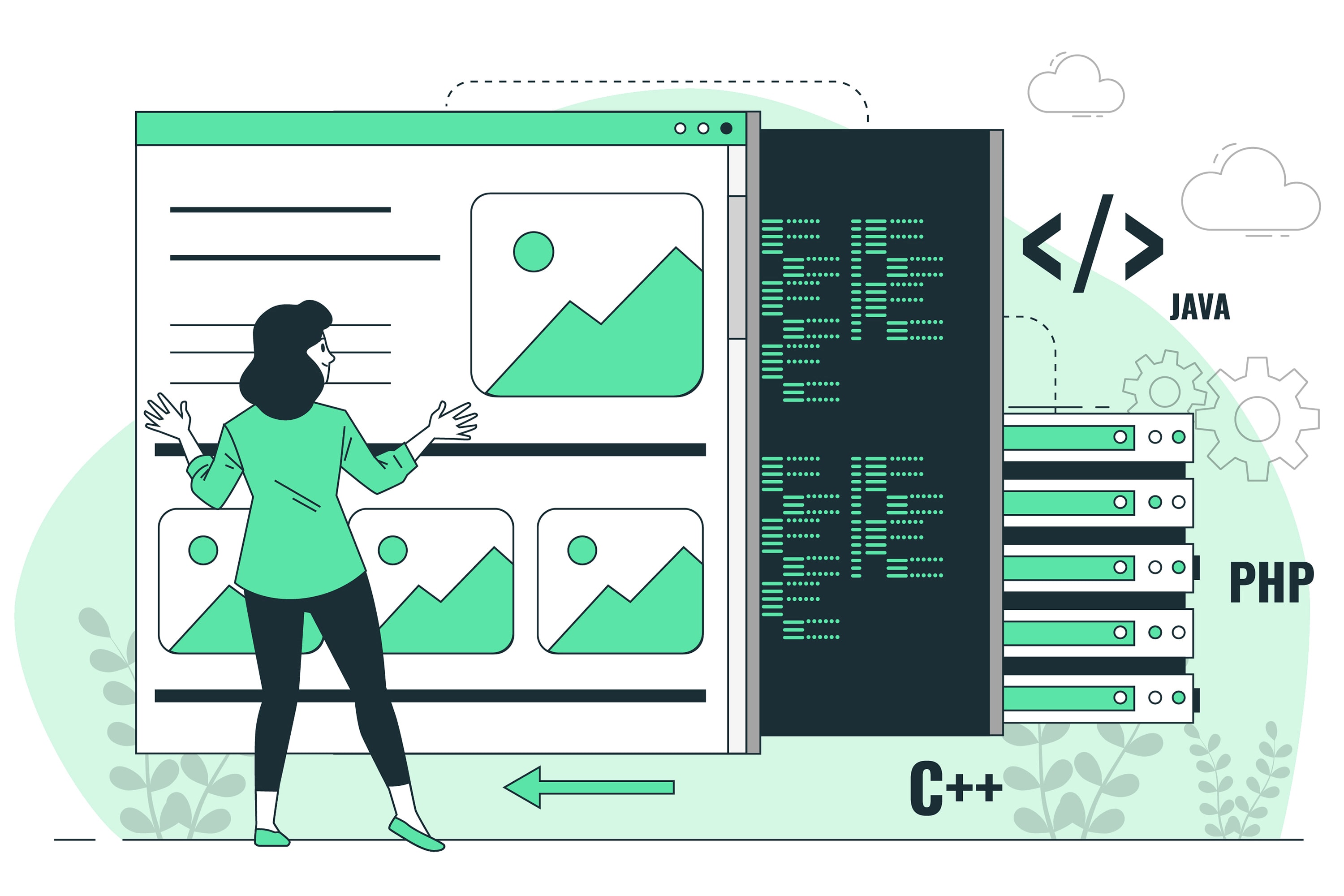
Modern development requires a unique blend of technical expertise and soft skills. Technical proficiency remains crucial, but equally important is the ability to communicate effectively and think strategically about solutions.
Understanding the fundamentals of how digital products work is non-negotiable. This includes grasping concepts like data structures, API integrations, and user interface design principles. However, the tools used to implement these concepts have evolved. Today's developers might use traditional programming languages one day and visual development platforms the next.
Communication skills have become increasingly vital. Developers regularly explain technical concepts to non-technical stakeholders, collaborate with team members, and provide consultation on technical decisions. The ability to translate complex technical ideas into clear, actionable insights is invaluable.
Education and Training
Becoming a software developer typically starts with a bachelor’s degree in computer science, software engineering, or a related field. This educational foundation covers essential topics such as programming languages, data structures, algorithms, computer architecture, and software engineering principles. However, the learning doesn’t stop there. Many developers pursue advanced degrees or specialized certifications to deepen their expertise in specific areas of software development. Staying current with the latest technologies and programming languages is crucial, as the field of software development is constantly evolving. Continuous education, whether through formal courses, online tutorials, or self-directed learning, is a hallmark of a successful developer.
Navigating Your Development Career Path
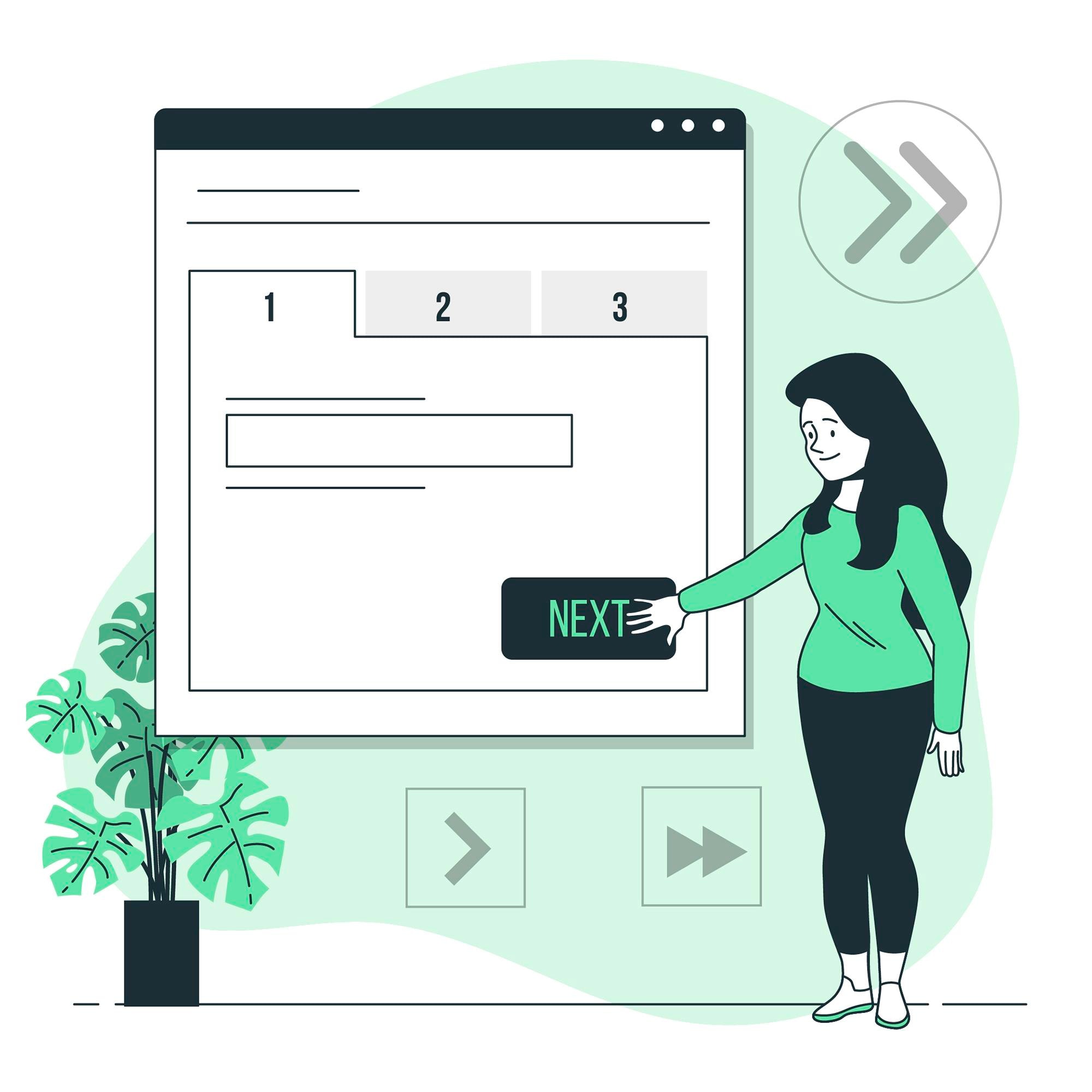
The journey to becoming a developer has become more accessible than ever before. While traditional computer science degrees remain valuable, they're no longer the only path into the field. Many successful developers now enter the profession through coding bootcamps, self-directed learning, or specialized certification programs.
Starting your career might involve taking on junior roles where you can learn from more experienced developers. As you grow, you might specialize in particular types of development or take on more architectural responsibilities. Some developers move into technical leadership roles, while others prefer to deepen their expertise in specific technologies or industries.
Job Outlook and Salary
The future looks bright for software developers, with employment projected to grow 17% from 2023 to 2033, significantly outpacing the average for all occupations. This robust job growth is driven by the increasing demand for new software and applications across various industries. Salaries can vary widely based on factors such as location, industry, experience, and specific job duties. Whether you’re developing an android game for the PC gamer audience or working on enterprise-level business software, the financial rewards in this field are really good.
Work Environment
Software developers typically find themselves in dynamic and fast-paced work environments. Whether working in an office, remotely, or as freelancers, they often collaborate with other developers, quality assurance analysts, and testers to bring projects to fruition. The nature of the work requires developers to juggle multiple projects and meet tight deadlines, all while maintaining high standards of quality and performance. Effective communication is crucial, as developers must articulate technical concepts to non-technical stakeholders and work closely with colleagues and clients to ensure project success. The ability to work both independently and as part of a team is essential in this ever-evolving field.
Building Your Foundation as a Developer
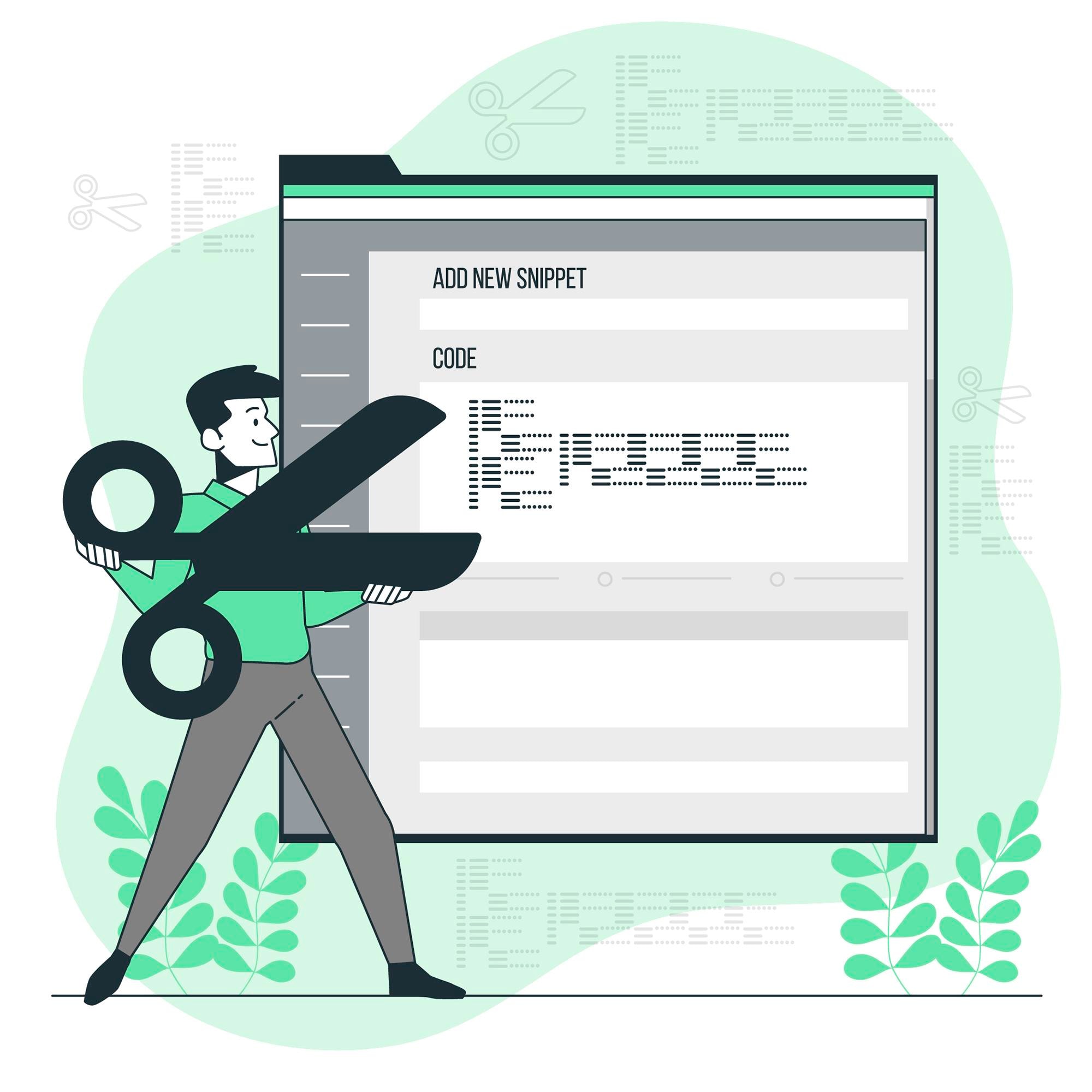
Success in development starts with building a strong foundation. This means mastering the fundamentals of how digital products work, regardless of the specific tools you'll use to build them. Understanding concepts like data management, user authentication, and application architecture will serve you well throughout your career.
Practical experience is crucial. Start building projects that solve real problems, even if they're small in scope. Each project teaches valuable lessons about the development process and helps you build a portfolio that demonstrates your capabilities to potential employers or clients.
The Future of Development
As we look ahead, the field of development continues to evolve. New tools and platforms emerge regularly, offering different approaches to building digital solutions. The most successful developers are those who stay curious and adaptable, ready to learn new tools while applying fundamental principles in creative ways.
The demand for developers who can navigate both traditional and modern development approaches continues to grow. Organizations need professionals who can choose the right tools and approaches for each project, balancing factors like speed, scalability, and maintainability.
Moving Forward in Your Development Journey
Whether you're just starting or looking to advance your career, remember that development is a journey of continuous learning. Focus on building strong fundamentals, stay curious about new tools and approaches, and never stop challenging yourself with new projects and problems to solve. For tons of information about NoCode, LowCode, projects, experience, and more, be sure to read our blog!
The most rewarding aspect of being a developer is the ability to create solutions that make a real difference in how people work and live. As you grow in your career, you'll find that the technical skills you develop are just tools in service of this larger goal.
Ready to start your journey in development? Begin by exploring different areas of the field, building small projects, and connecting with other developers. The path ahead is exciting and full of opportunities to make your mark in the digital world.










